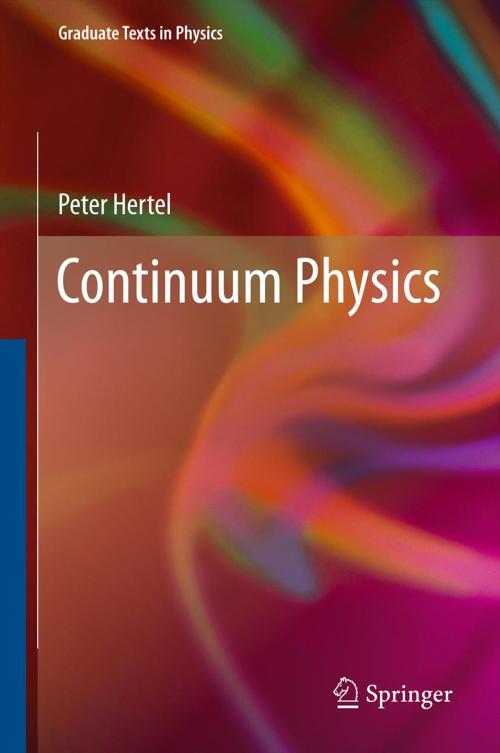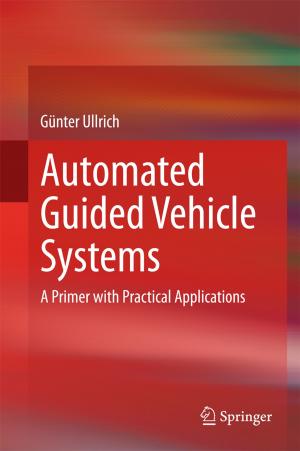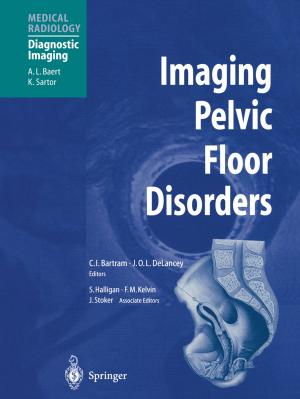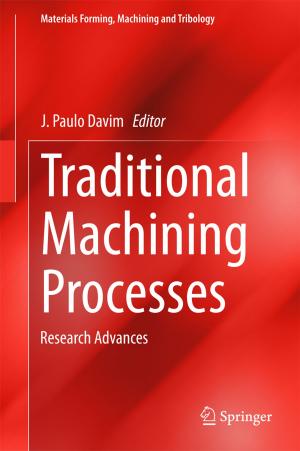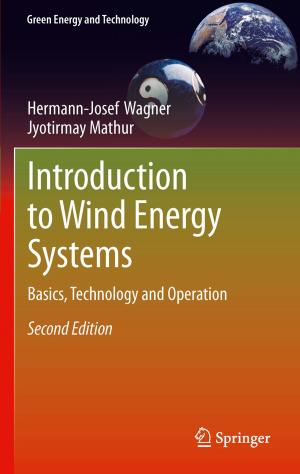| Author: | Peter Hertel | ISBN: | 9783642295003 |
| Publisher: | Springer Berlin Heidelberg | Publication: | August 15, 2012 |
| Imprint: | Springer | Language: | English |
| Author: | Peter Hertel |
| ISBN: | 9783642295003 |
| Publisher: | Springer Berlin Heidelberg |
| Publication: | August 15, 2012 |
| Imprint: | Springer |
| Language: | English |
This small book on the properties of continuously distributed matter covers a huge field. It sets out the governing principles of continuum physics and illustrates them by carefully chosen examples. These examples comprise structural mechanics and elasticity, fluid media, electricity and optics, thermoelectricity, fluctuation phenomena and more, from Archimedes' principle via Brownian motion to white dwarfs. Metamaterials, pattern formation by reaction-diffusion and surface plasmon polaritons are dealt with as well as classical topics such as Stokes' formula, beam bending and buckling, crystal optics and electro- and magnetooptic effects, dielectric waveguides, Ohm's law, surface acoustic waves, to mention just some.
The set of balance equations for content, flow and production of particles, mass, charge, momentum, energy and entropy is augmented by material, or constitutive equations. They describe entire classes of materials, such as viscid fluids and gases, elastic media, dielectrics or electrical conductors. We discuss the response of matter to rapidly oscillating external parameters, in particular the electric field strength of light, in the framework of statistical thermodynamics.< An appendix on fields and a glossary round off this bird's-eye view on continuum physics.
Students of physics, engineering and related fields will benefit from the clear presentation of worked examples and the variety of solution methods, including numerical techniques. Lecturers or advanced students may profit from the unified view on a substantial part of physics. It may help them to embed their research field conceptually within a wider context.
This small book on the properties of continuously distributed matter covers a huge field. It sets out the governing principles of continuum physics and illustrates them by carefully chosen examples. These examples comprise structural mechanics and elasticity, fluid media, electricity and optics, thermoelectricity, fluctuation phenomena and more, from Archimedes' principle via Brownian motion to white dwarfs. Metamaterials, pattern formation by reaction-diffusion and surface plasmon polaritons are dealt with as well as classical topics such as Stokes' formula, beam bending and buckling, crystal optics and electro- and magnetooptic effects, dielectric waveguides, Ohm's law, surface acoustic waves, to mention just some.
The set of balance equations for content, flow and production of particles, mass, charge, momentum, energy and entropy is augmented by material, or constitutive equations. They describe entire classes of materials, such as viscid fluids and gases, elastic media, dielectrics or electrical conductors. We discuss the response of matter to rapidly oscillating external parameters, in particular the electric field strength of light, in the framework of statistical thermodynamics.< An appendix on fields and a glossary round off this bird's-eye view on continuum physics.
Students of physics, engineering and related fields will benefit from the clear presentation of worked examples and the variety of solution methods, including numerical techniques. Lecturers or advanced students may profit from the unified view on a substantial part of physics. It may help them to embed their research field conceptually within a wider context.
